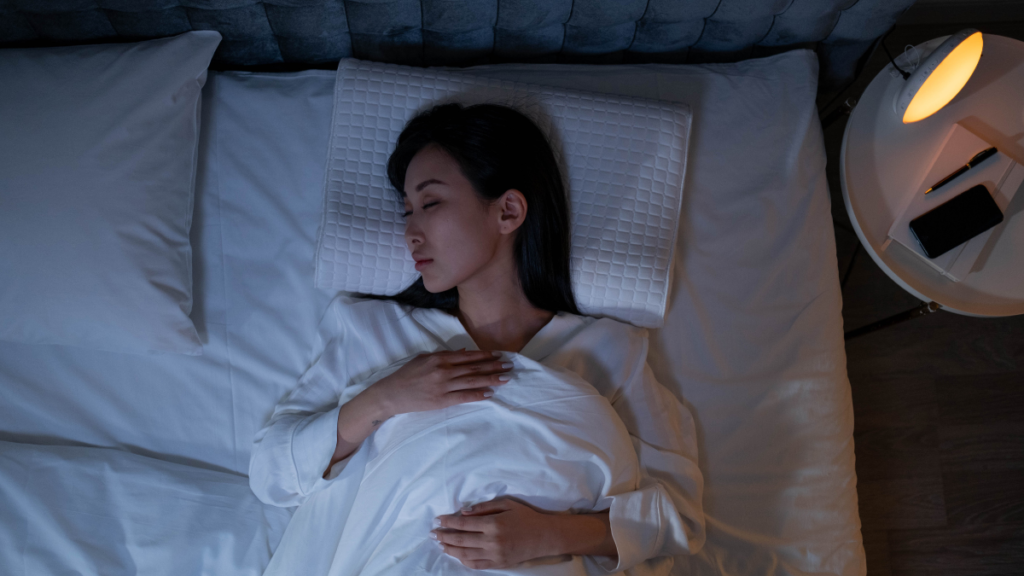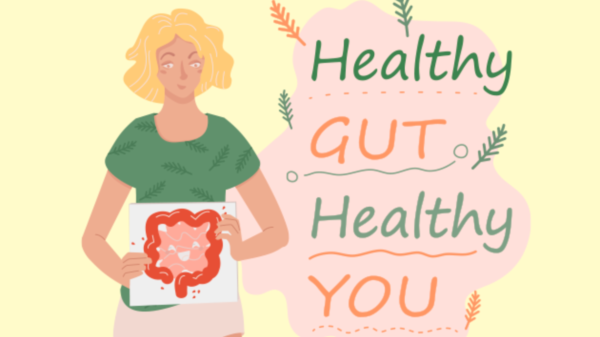Sleep is a vital aspect of human life that rejuvenates the body and mind, allowing us to function optimally. However, in today’s fast-paced world, many individuals find themselves sacrificing sleep to meet demanding schedules or engage in various activities. This article delves into the intriguing effects of sleep deprivation on the human body, exploring the consequences of not sleeping for consecutive periods of 4 days.
Day 1: Reduced alertness and attention
On the very first day, the body starts to show signs of weariness. Cognitive functions, such as attention, memory, and decision-making, become impaired.
Individuals may experience difficulties in focusing and retaining information. Furthermore, mood disturbances, including irritability and increased stress levels, often emerge. Physically, the immune system weakens, making one more susceptible to illnesses.
Day 2: Impaired memory
As the second-day dawns, the cognitive toll intensifies. The brain struggles to process information efficiently, leading to lapses in judgment and slower reaction times.
Individuals may find it difficult to solve even simple mathematical questions.
Hallucinations and distorted perceptions may occur due to altered brain activity.
The body’s ability to regulate temperature and appetite becomes disrupted, leading to fluctuations and irregularities. Fatigue intensifies, and microsleep episodes—brief, involuntary bouts of sleep—become more frequent.
Day 3: The Body Rebels To Sleep

With three sleepless nights under the belt, the body enters a state of crisis. Severe cognitive decline ensues, impairing even basic tasks. Individuals may experience heightened anxiety, depression, and emotional instability. The risk of accidents and injuries skyrockets due to extreme fatigue and lack of focus. The immune system weakens further, leaving the body vulnerable to infections. Hormonal imbalances occur, impacting appetite, metabolism, and even reproductive health.
Day 4: Beyond the Brink
By the fourth day without sleep, the body is pushed to its limits. The brain’s ability to function deteriorates dramatically, resulting in disorientation, confusion, and memory lapses. Severe hallucinations and paranoia may arise, making it challenging to distinguish reality from imagination. The body’s overall coordination and motor skills diminish significantly, increasing the risk of accidents. Psychotic-like symptoms may manifest, leading to acute mental distress.
Sleep Experiment: Peter Tripp’s 201 hour
In 1959, radio presenter Peter Tripp came up with a unique way to raise money for a children’s foundation. He decided to sit inside a glass booth in Times Square and broadcast his radio show for 201 straight consequently.
He was observed by scientists, researchers, and the general public. Initially, he seemed fine.
By Day 3, he began hallucinating, cursing out everyone, agitated. The observing scientists noted that his brain waves appeared to mirror what would usually be the 90-minute REM sleep cycle – the sleep stage when dreaming typically occurs. Which means all the things he was hallucinating were him dreaming wide awake with his eyes open. After completion of the experiment, he slept for 13 hours straight and claimed to recover wholly. However, his family and friends disagreed, saying he was still suffering the effects of his experiment. Not long after, he got divorced, lost his job, and eventually became a traveling salesman.
Sleep deprivation, even over a short period, takes a substantial toll on the human body and mind. The effects compound with each passing day, impairing cognitive functions, emotional well-being, and physical health. It is crucial to recognize the significance of sleep in our lives and prioritize it as an integral part of self-care. By understanding the potential consequences of sleep deprivation, we can understand ourselves better and take steps to ensure adequate rest, enabling us to lead healthier and more fulfilling lives. Remember, a good night’s sleep is not a luxury but a necessity for our overall well-being.





































Sapna
June 24, 2023 at 3:26 pm
Great article
Amit Singh
June 24, 2023 at 3:41 pm
This is what i needed.
Prince Gupta
June 24, 2023 at 6:13 pm
Let’s raise awareness about the detrimental effects of sleep deprivation and encourage a culture that values and supports healthy sleep habits.
Tanvi Bavishi
June 24, 2023 at 11:10 pm
Nice article, good sleep is as important as good food.